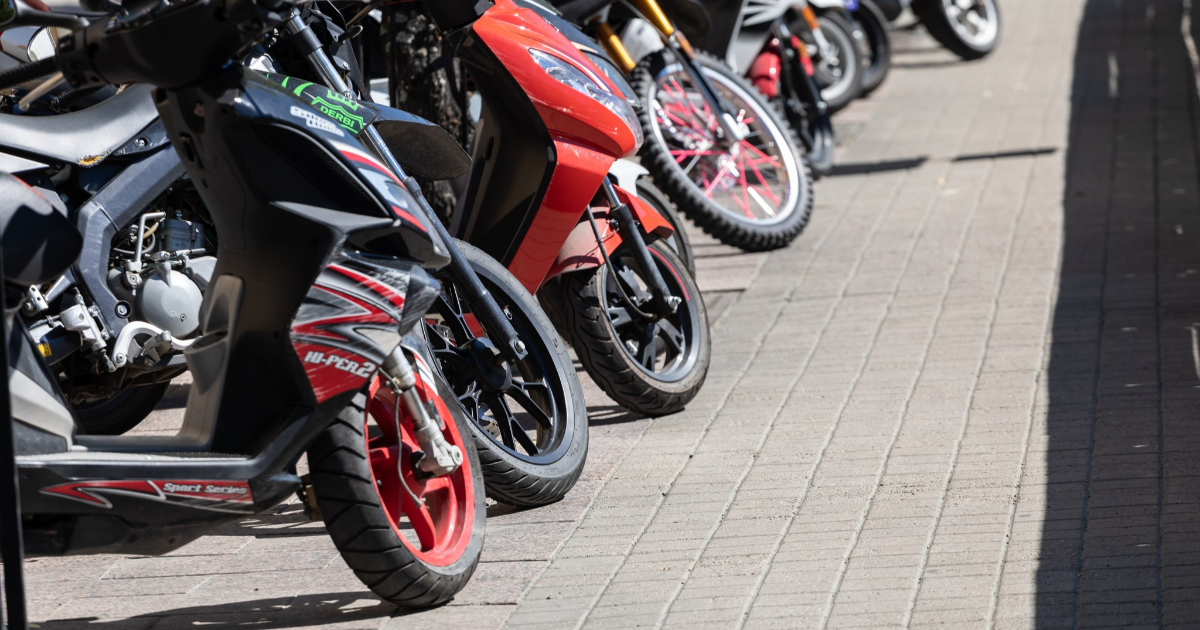Government supports Commission proposal for derogations regarding L-category vehicles

The Government supports the European Commission's proposal to make a derogation and extend the period for selling L-category vehicles (e.g. mopeds, motor cycles and moped cars) that were manufactured in spring 2020 and meet the Euro 4 standard until the end of 2021.The aim is to make it easier for the vehicle industry to cope with the fall in sales caused by the coronavirus epidemic.
As of the beginning of 2021, new L-category vehicles must meet the emission requirements of the new Euro 5 standard. After the turn of the year, new L-category vehicles type-approved at the Euro 4 emission level can no longer be sold following the normal procedures. Sales can only be made under certain limits in the form of quotas for end-of series vehicles. The number of end-of-series vehicles that may be sold, registered and put into service can be up to 10% of the number of vehicles registered in the previous two years or up to 100 vehicles per Member State, whichever is the higher.
Due to the exceptional circumstances caused by the COVID-19 pandemic and the significant decrease in sales of L-category vehicles, an exceptionally large number of Euro 4 level L-category vehicles remain in the stockpiles of European vehicle manufacturers. The quotas for the end-of-series vehicles will not be sufficient for all of them.
On 7 September 2020, the European Commission submitted a proposal for COVID-19 exemption regulation on L-category vehicles. The Commission proposes that in 2021 a higher number of the Euro 4 standard L-category vehicles than normally be sold in the quotas for end-of-series vehicles. It also proposes that L-category vehicles whose EU type approval has expired by 1 January 2021, could be introduced as end-of-series vehicles by the end of 2021. The number of these vehicles could not exceed the number of vehicles in stock on 15 March 2020 whose EU type-approval expires on 1 January 2021.
Government supports the Commission's proposal
The exemption regulation would have positive economic impacts on the vehicle sector in the EU. However, the effects in Finland would not be so significant, because the restrictions in the spring in Finland were not as stringent as in the rest of Europe and there was no corresponding drop in the sales volumes.
Since the proposal would not have significant environmental impacts and would constitute a limited derogation, the proposal can, in these circumstances, be considered a justified measure to alleviate the situation in the vehicle sector.
The Government submitted its communication concerning the legislative proposals to Parliament on 24 September 2020.
What are the next steps?
The Regulation is directly applicable in Member States and does not require amendments to national legislation.
The Government communication was forwarded for comments for a written procedure of the EU transport sub-committee (E 22) and EU competitiveness sub-committee (EU 8) of the Committee for EU Affairs on 17-21 September 2020.
The EU will decide on the Commission proposal in October.
Inquiries:
Emma Särkkä, Senior Specialist, tel. +358 50 513 8260



